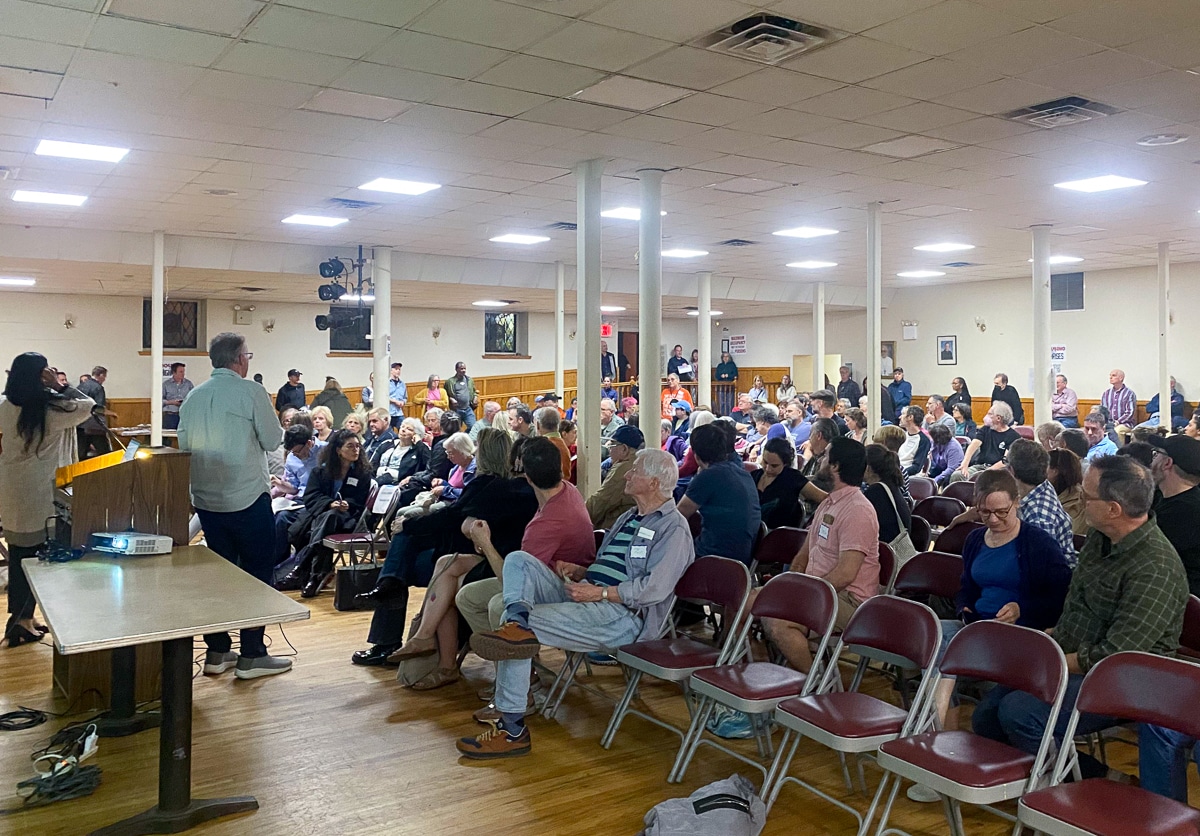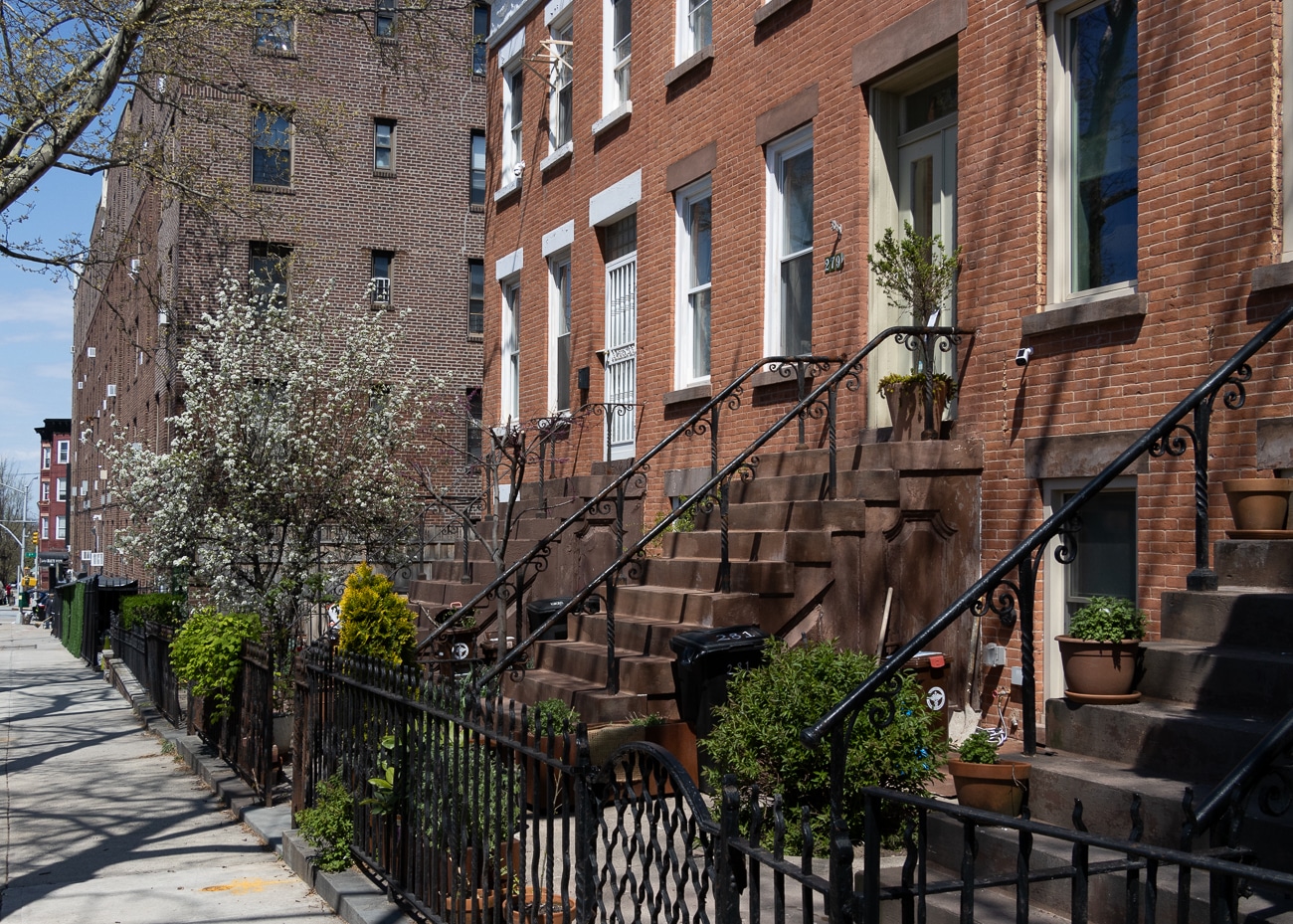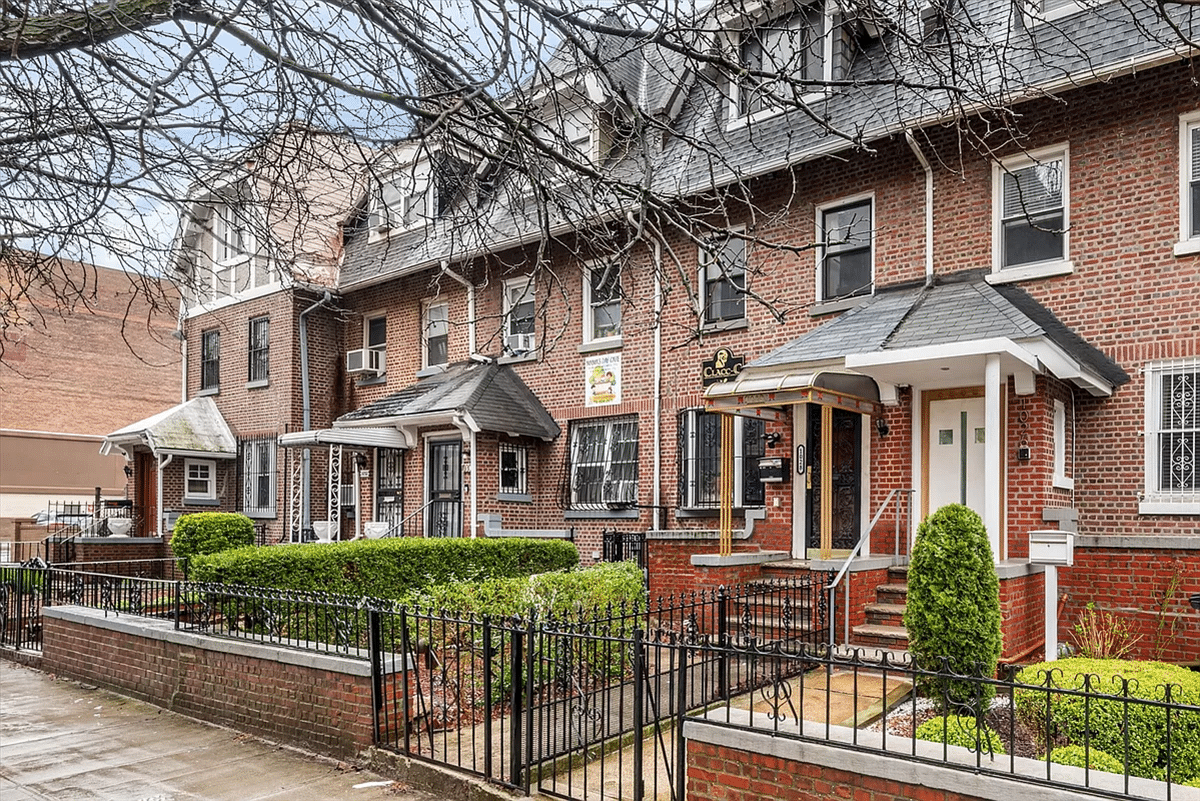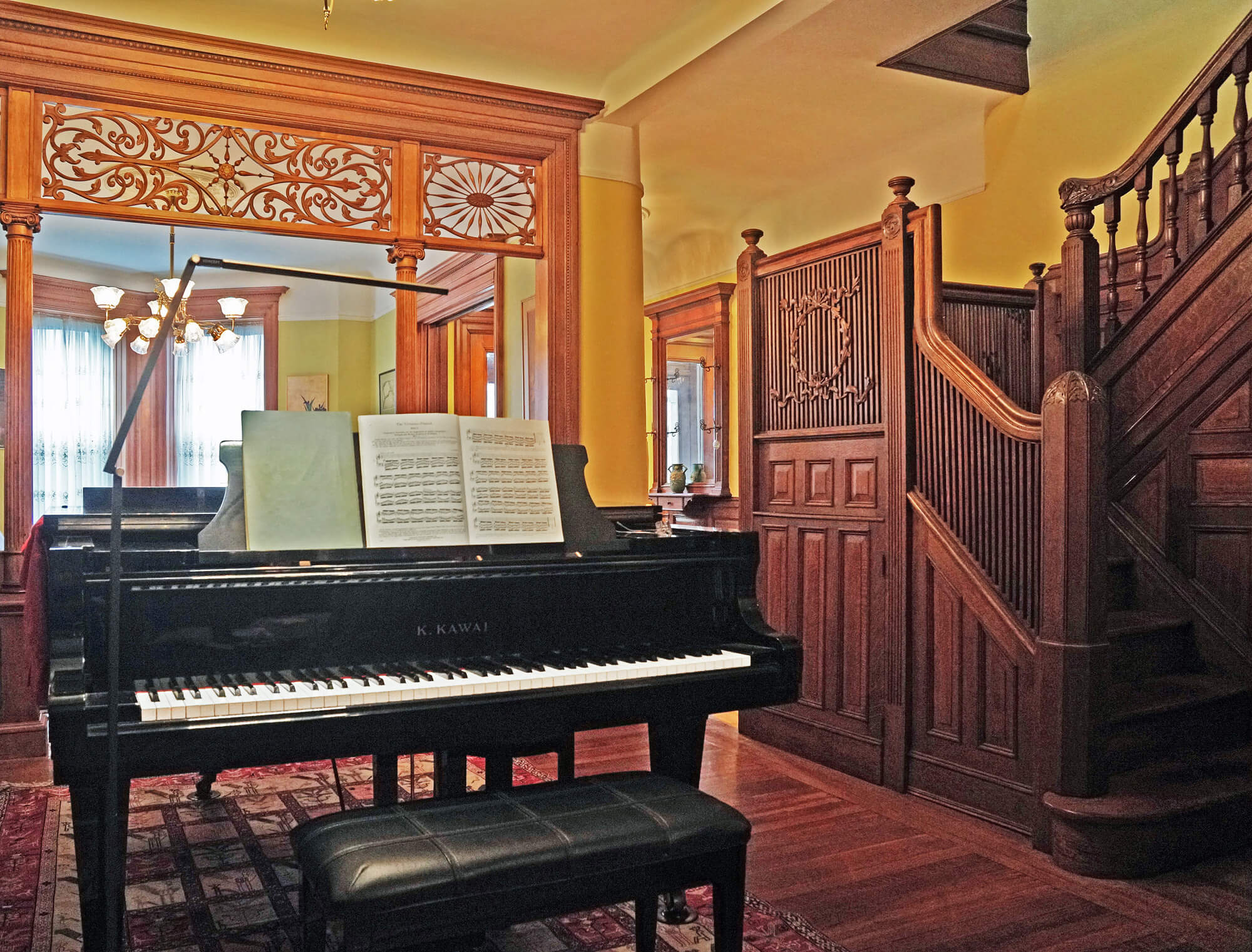PACC Spins Out Another Affordable Housing Project
[nggallery id=”24677″ template=galleryview] The Pratt Area Community Council has launched the website for its latest affordable housing venture called The Gates Cooperative. Located at 566 Gates Avenue between Tompkins and Throop in Bed Stuy, the five-story brick building will have 34 units, mostly 2 bedrooms. Construction is not complete yet (four months to go apparently)….
[nggallery id=”24677″ template=galleryview]
The Pratt Area Community Council has launched the website for its latest affordable housing venture called The Gates Cooperative. Located at 566 Gates Avenue between Tompkins and Throop in Bed Stuy, the five-story brick building will have 34 units, mostly 2 bedrooms. Construction is not complete yet (four months to go apparently). Here’s how the 34 units break down: 11 two-bedrooms at $87,000; 10 one-bedrooms at $150 000, and 13 two-bedrooms at $157 000. There is no difference at all in the 2-bedrooms, only who qualifies income-wise. The prices were determined by Area Median Income (some at 80% of AMI, some of 110%). Other restrictions: Half the units are reserved for Community Board 3 residents, and there’ll be two information sessions, one on September 29th, one on October 23rd, both at the Restoration Corporation on Fulton Street. As usual, he units will go through a lottery. — Rachel Chang
186 Washington Avenue [Corcoran] GMAP









Correction:
* The date of the next and last info session is Tuesday October 21st (not Oct 23rd). Attending info session is encouraged, but not mandatory to apply.
*Anyone can get an application on the website: http://www.thegatescoop.org
please call 718 522 2613 *22 if you have any questions…Thanks!
I found the link for the thread back in March.
http://bstoner.wpengine.com/brownstoner/archives/2008/03/lottery_lunacy.php
As stated the rules for re-sale vary depending on the program. I should have clarified. In this building because it is a cooperative, what FOF and Lilbit posted may well be true. When one, two and three family homes are built under similar programs, there are no such restrictions. How would such a covenant be included in the title of the house anyway? My friend got a house on Fulton street via a lottery for middle income buyers and sold at a hefty profit about 8 years later. I remember a thread on Brownstoner a couple of months back about this very same topic.
non-profit groups like PACC tend to get some preference in terms of applying for competitive subsidy awards. but the city will entertain pretty much anybody who walks through the door and says they want to develop affordable stuff.
the profit margins aren’t there and there’s more bureaucracy involved in affordable dev and so you don’t get the Trumps of the world rushing to do it.
non-profits like PACC however are specifically created to do community development and so they really have no alternative. whatever profit they do make on an affordable development usually goes right back into some other part of the group, like overhead or other offices within the group.
FoF – yes… sadly, I’m very well aware of the billions and billions being spent in Iraq.
These latest comments have removed much of my “what else am I being screwed on?” fears. To sum up, these projects are dealt with in a far more honorable way than, say, a Yankees stadium or the like…
But I shouldn’t bad-mouth them, as an act of kindness for shelling out millions upon millions and losing millions upon millions in tax revenue, they are making sure a family can go to a baseball game for only slightly less than a week’s salary. Man o’ man.
But I digress. So, I won’t be writing letters about publicly supported housing developments… Thanks.
(By the way, LBoLuck, are there rules/laws/guidelines that tend to favor organizations like PAAC etc rather than the “average developer” or is it just a matter of who wants to take it on?)
Thanks, FOF. I was careless with my example.
Truth is tyburg, the government spends lots on housing, affordable and market rate. Plenty of “market rate” buildings benefit from public money and there are no restrictions on those units.
For the lower income buildings, there are a lot of factors at play. Often, these projects are part of the price of doing business for a developer who wants to build “market rate” elsewhere, or for gaining certain easement rights, zoning variances, etc.
A developer like P.A.C.C is best viewed as a conduit for affordable housing development. Nobody wants the state or city in charge of this (not even the state or city), so these agencies fill a need. Their staff’s shouldn’t be underestimated; they’re pros who might have mpa’s instead of mba’s, and the better run ones, especially in nyc, are able to draw talented people with credentials from top schools. These agencies tend to be much more connected to the communities where they build than your average developer.
just thought i would make one point of correction to LilBitofLuck’s post.
any resale profits are not paid to the developer but rather to the City. you should feel comfortable that you’re not getting screwed tyburg6.
billions of federal tax levy for a never-ending war in iraq that probably shouldn’t have been fought in the first place. that’s where you’re getting screwed my friend-not by affordable housing.
(meant to read – “well above my economics abilities”)
LilBitOfLuck… thank you. That makes more sense. And makes me a little bit less anxious. However, it sort of bothers me that something that receives tax abatements, interest free bonds and so on would *ever* have the potential for major profit taking (for the owner or the original developer).
But I guess, in the long term (very long term) the tax revenue potential for the entire area is increased…
Dunno, that thinking is well above economist abilities (and probably the abilities of everyone developing these gov’t programs!! that’s what bothers me and makes me anxious.)